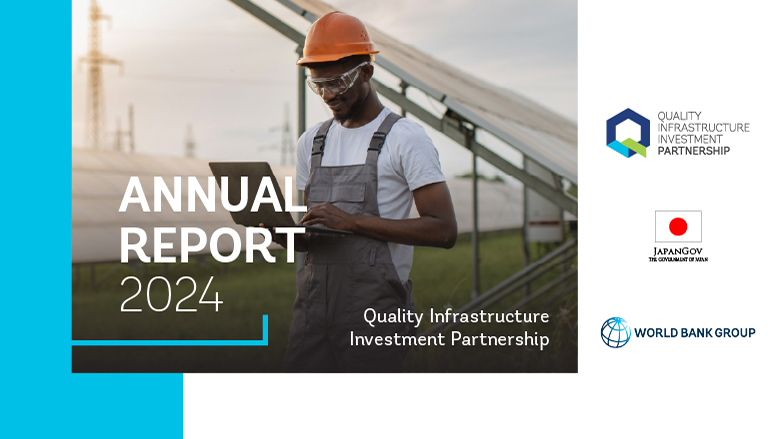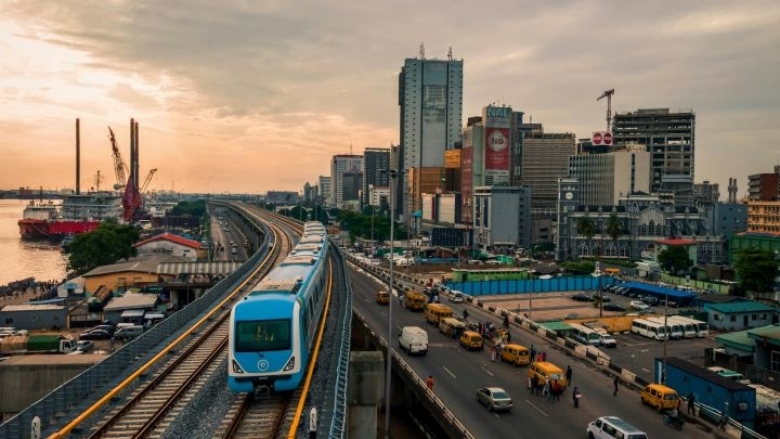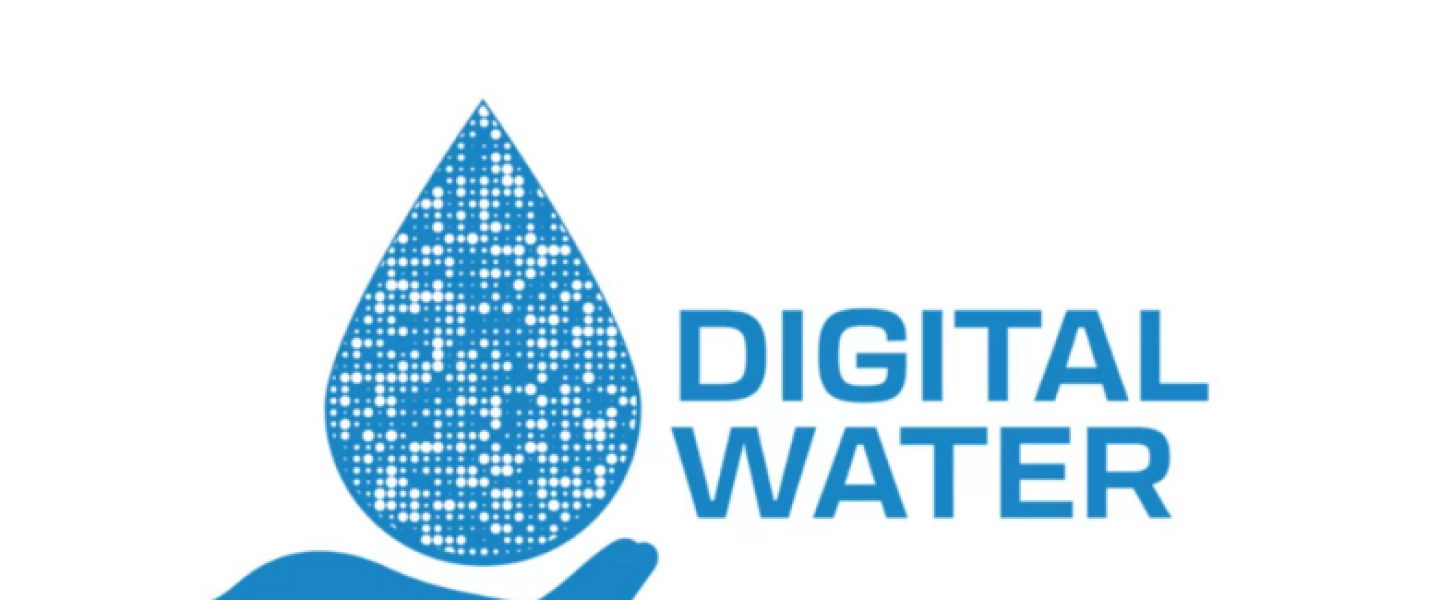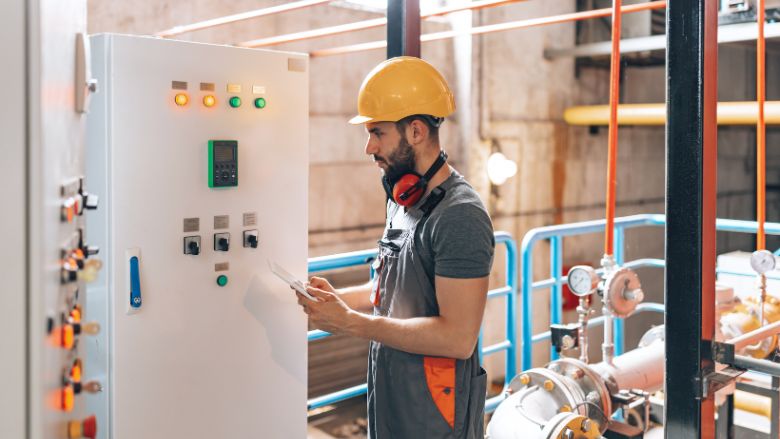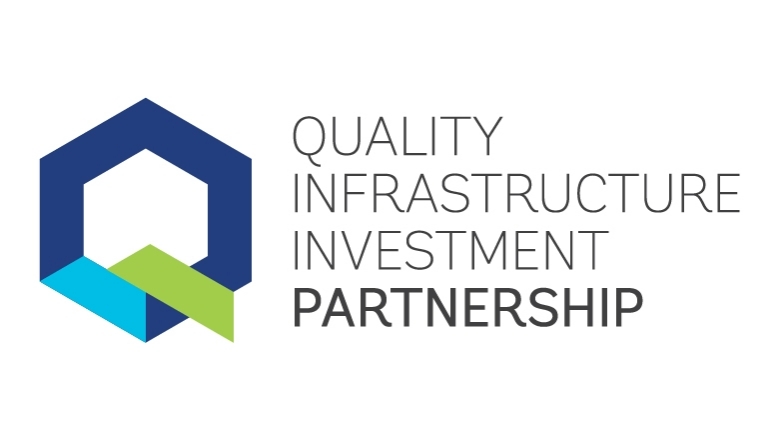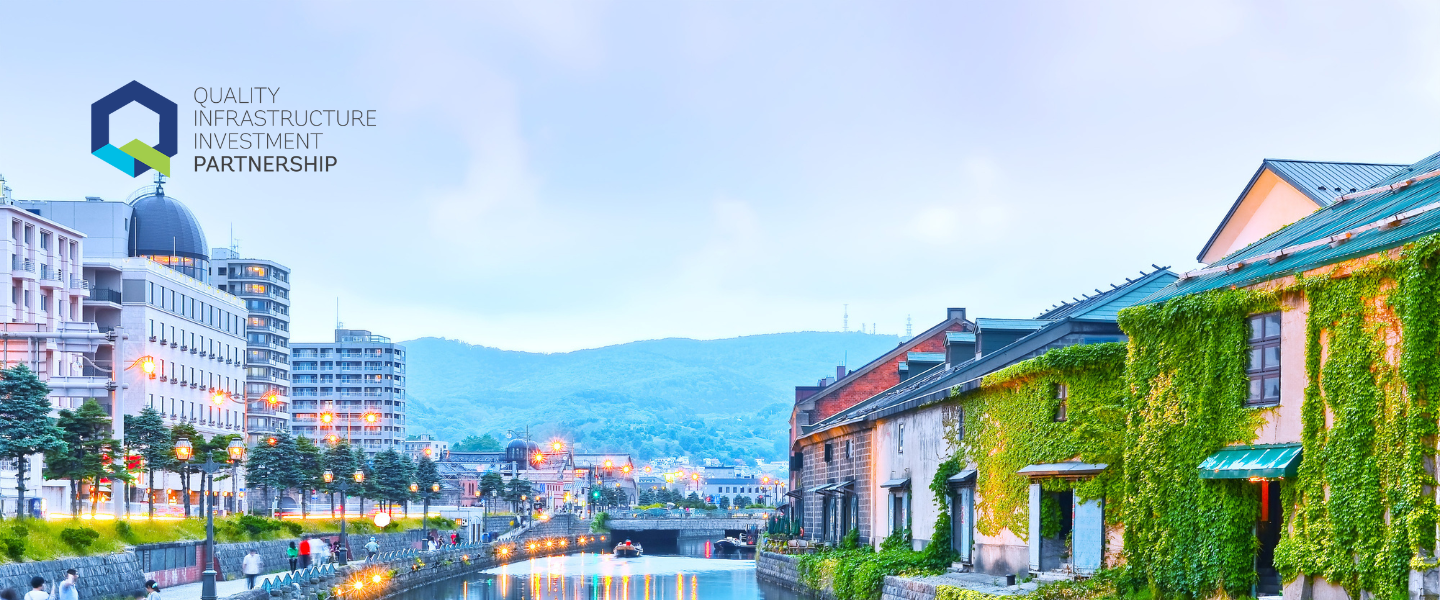
QUALITY INFRASTRUCTURE INVESTMENT
Advancing green, resilient, and inclusive development
FEATURED
QII Annual Report FY24
Our FY24 Annual Report is now online. During last FY, the QII Partnership approved 67 new activities totaling $13.8 million, bringing its portfolio to 296 interventions across 91 countries with a total commitment of $76.1 million. These investments have supported $64 billion in World Bank infrastructure operations, integrating climate action, digital transformation, private sector engagement, regional connectivity, and inclusive infrastructure.
QII Enters Phase 3 of the Partnership
With continued support from the Government of Japan, the 3rd phase prioritizes innovative approaches to infrastructure quality, knowledge sharing, and capacity building for clients.
Digital Water
QII supported the initiative aimed at advancing digital capabilities of water operators globally. This initiative is designed to enhance the digital capabilities of water operators worldwide. "Digital Water" offers digital maturity assessments, trainings, and knowledge products to support specific project components and help operators modernize and improve their performance.
Inclusive and User-Centered Services in Albania
QII facilitated the efficient identification and management of ICT sector investments, helping improve service delivery.
Riding the Wave of Digital Transformation: Insights from Japan’s Journey
This report analyzes the key components of digital transformation in Japan over time and across key sectors. It also provides critical insight into how social, economic, and environmental challenges in cities can be addressed through digital technologies.
Japan and the World Bank: Advancing universal design in urban planning
An estimated 1 in 6 people experience significant disability, making it essential to consider accessibility when planning, financing and building infrastructure. Japan and the World Bank are providing leadership to create built urban environments where everyone can thrive.
DRC: Kinshasa’s path towards resilient urban development
The World Bank and the government of the Democratic Republic of the Congo (DRC) are working on a project to improve transport, urban services, and infrastructure resilience in Kinshasa, the capital. A grant from the QII Partnership enabled the project to employ flood risk mapping and resilient infrastructure development leveraging Japanese expertise in urban transport.
Lao PDR: Maximizing the benefits of public workfare programs
The World Bank’s Road Maintenance Group project in the Lao People’s Democratic Republic offered road maintenance jobs to women in remote villages, targeting the poorest households. A study supported by the QII Partnership provided insights into the project’s impacts and offered recommendations on how better to integrate social inclusion and gender equality in future programs.
Tajikistan: Enhancing opportunities for female cross-border traders
Women cross-border traders in Tajikistan confront disproportionate challenges in their businesses compared to their male counterparts. The QII Partnership provided a grant to incorporate gender-responsive practices into Tajikistan’s Customs Service and strengthen the capacity of women entrepreneurs involved in cross-border trade.
Mozambique - How Digital Technologies are Supporting Urban Transport and ...
Big Data is making waves in urban transport planning. In Maputo, Mozambique, the World Bank collaborated with the University of Tokyo to use mobile phone data to estimate traffic demand in real time. This innovative approach is helping policymakers make informed decisions and plan for a more efficient and inclusive transportation system. Discover how the QII Partnership is supporting these efforts.
YEMEN: Making urban centers climate resilient
The World Bank is helping Yemen restore critical urban infrastructure and services resilient to climate challenges. Learn how the QII Partnership helped lay the foundation for climate adaptation in 16 Yemeni cities.
Japan and the World Bank: Working together to build resilient infrastructure
The government of Japan and the World Bank are working with developing countries to boost resilience in infrastructure projects.
REPORTS
QII Partnership Annual Report 2023
Demand for sustainable, quality infrastructure is strong and growing. The QII Partnership between the World Bank and Japan incorporates QII Principles into World Bank infrastructure projects. Its 2023 Annual Report provides a comprehensive overview of the accomplishments of the QII Partnership since its inception in 2016 and demonstrates how the QII Principles are being applied in infrastructure projects across the globe.
QII 2022 Partnership Annual Report
The Quality Infrastructure Investment (QII) Partnership between the World Bank and the government of Japan provides grant support for incorporating the QII Principles in World Bank infrastructure projects. Read the QII 2022 Partnership Annual Report.
Quality Infrastructure Investment Partnership : 2021 QII
In April 2020, the G20 endorsed an action plan for promoting quality infrastructure investment and accelerate efforts to mobilize private sources for infrastructure financing.
What are the QII Principles?
Donor

Multimedia
Video

Key takeaways from the Technical Deep Dive on Financing Quality Urban Infrastructure
VIDEO

